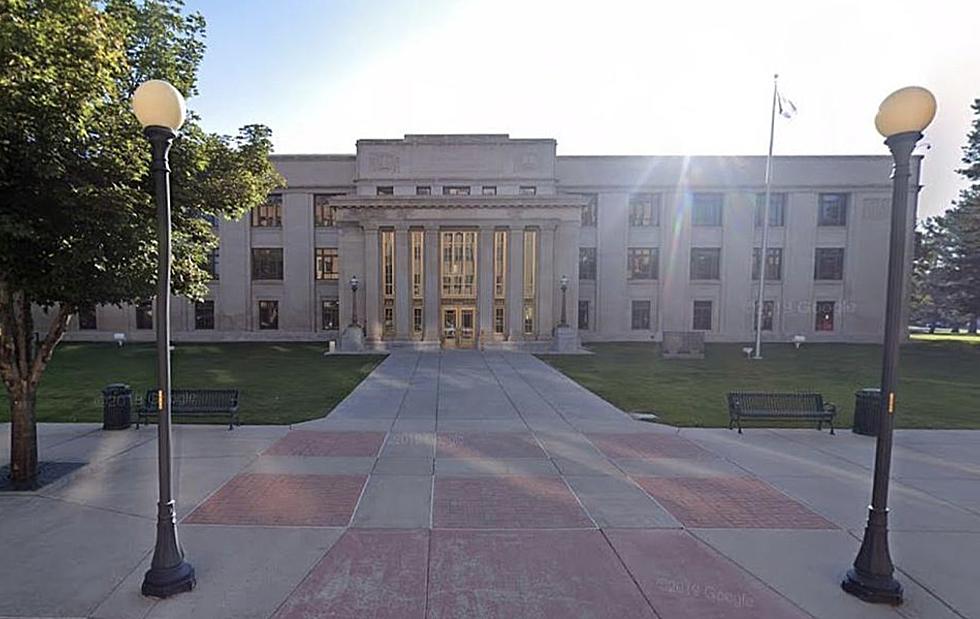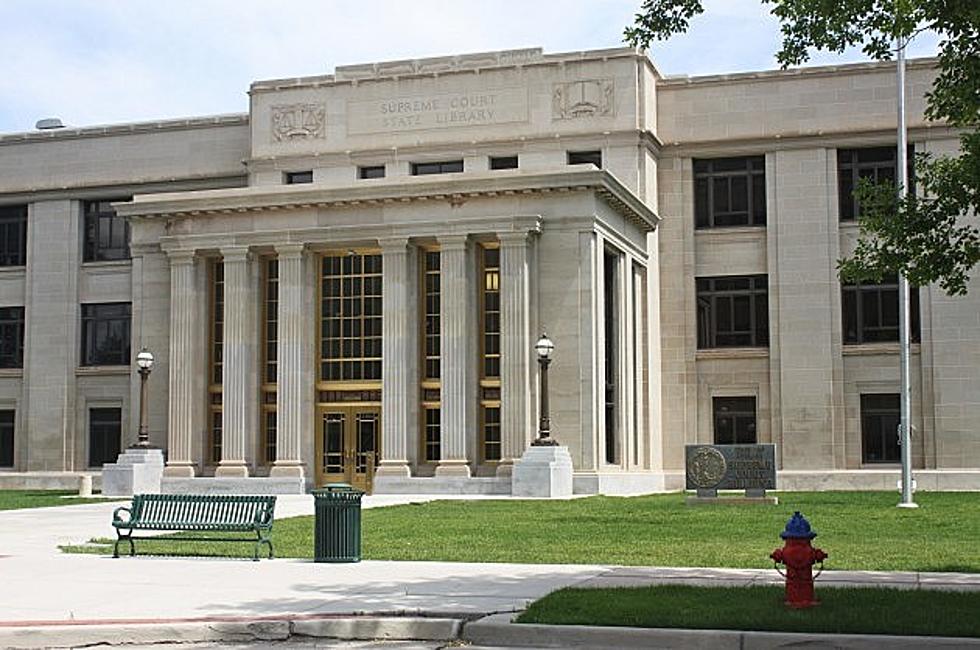
Wyoming Supreme Court Rules State Must Return $470K Seized in Traffic Stop
The Wyoming Supreme Court ordered the state to return $470,000 taken during a 2013 traffic stop in Uinta County because the state took too long to initiate forfeiture proceedings.
According to court filings, it took the state 270 days to begin forfeiture proceedings against Robert Miller after the cash was seized from him in a traffic stop. He was pulled over on November 18, 2013. The state filed forfeiture proceedings in August 2014.
Court filings say Miller had rented a car to travel from Reno, Nev. to his home in Illinois when a Wyoming Highway Patrol state trooper stopped him for speeding.
The trooper invited Miller to sit in the passenger’s seat of his patrol vehicle while he filled out a citation. At some point, Miller granted the trooper permission to search his vehicle.
During the search, the trooper pulled back the carpet lining in the trunk of Miller’s vehicle and found multiple manilla envelopes. At that point, Miller asked for a lawyer.
According to the court filing, the trooper found an additional nine manila envelopes containing a total of $470,000 in the rear quarter panels. The trooper eventually learned that Miller was connected to a case involving large amounts of LSD and LSD precursor in California.
Later that night, a Wyoming DCI agent contacted the Wyoming Attorney General’s Office and was given permission to seize the money.
Months later, the state filed a complaint in court seeking the forfeiture of the money. The complaint alleged that the money was subject to forfeiture because it was “used of intended for use in the delivery or receipt of controlled substances, or was otherwise used to facilitate a violation of the Wyoming Controlled Substances Act.”
Miller denied that the currency was subject to forfeiture. His defenses included asserting that he derived the money from “legitimate activities” and that the state failed to begin forfeiture proceedings promptly."
During legal proceedings, attorneys for the state offered to return 10% of the funds in exchange for Miller voluntarily relinquishing the rest.
Miller filed a motion to dismiss, which a district court denied because he had not demonstrated the "nonexistence of a material fact" or that his right to due process had been violated. Miller appealed the ruling.
Ultimately, the Wyoming Supreme Court ruled that the state failed to "promptly" begin forfeiture proceedings in violation of Wyoming law and Miller's right to due process.

More From K2 Radio









